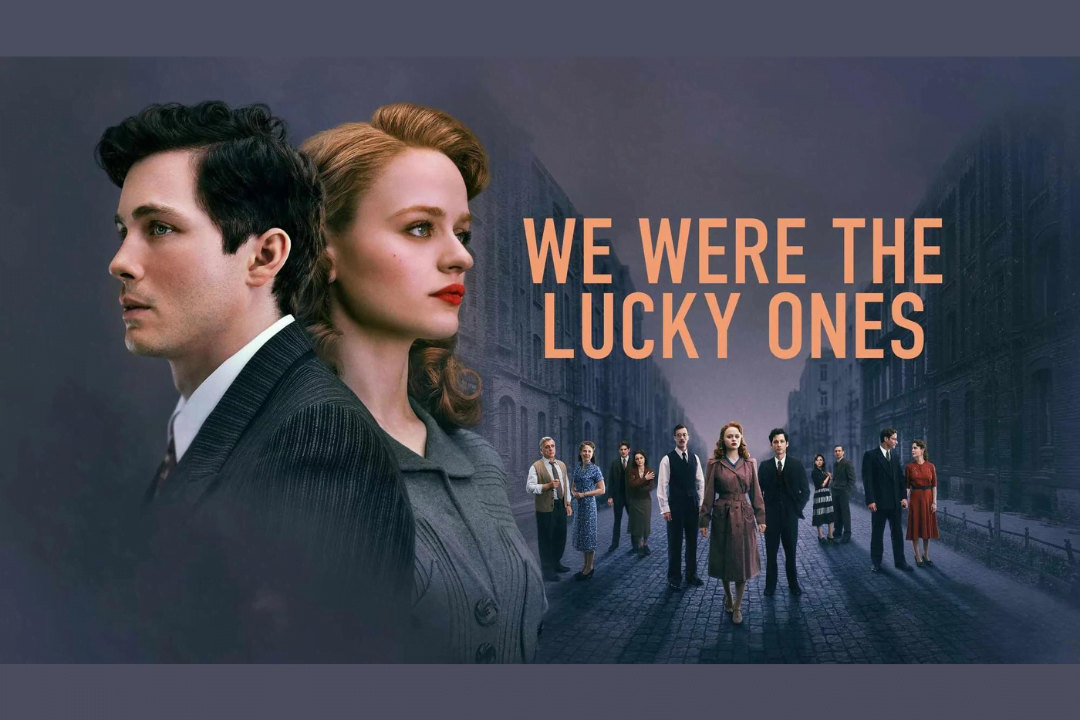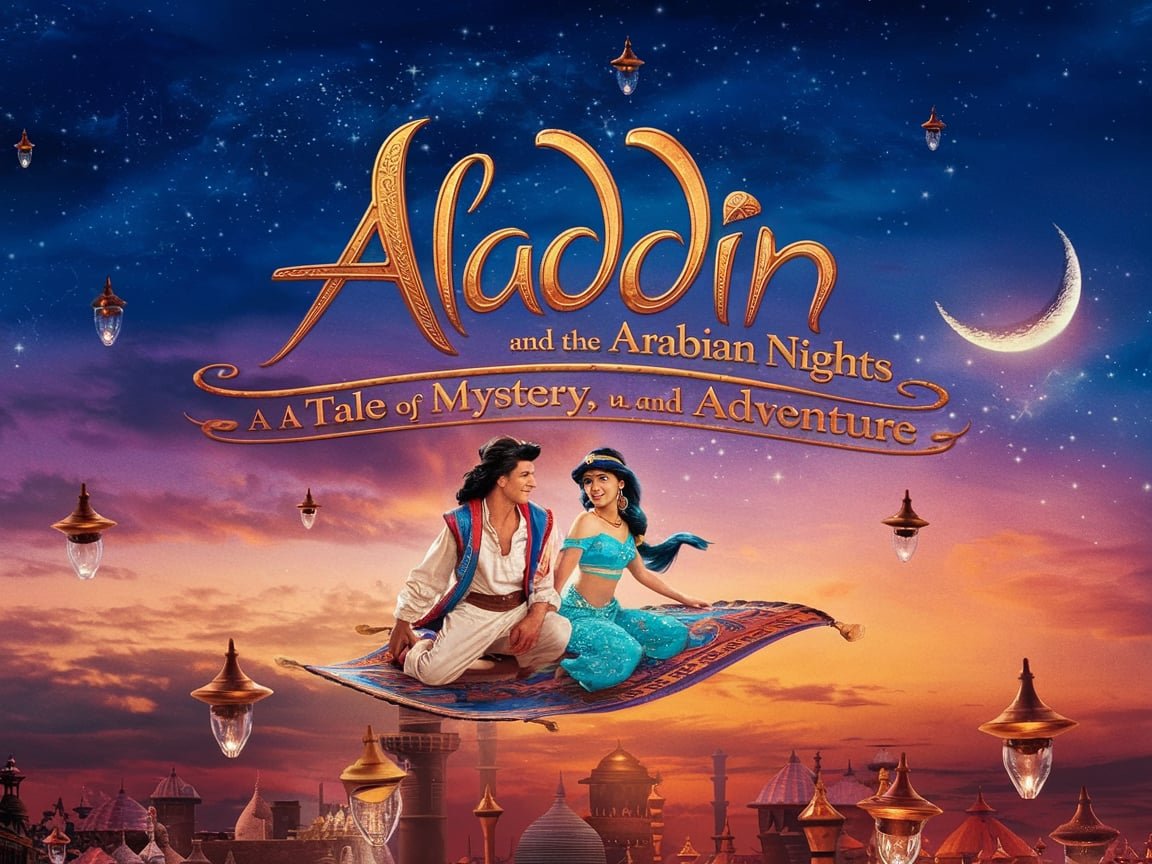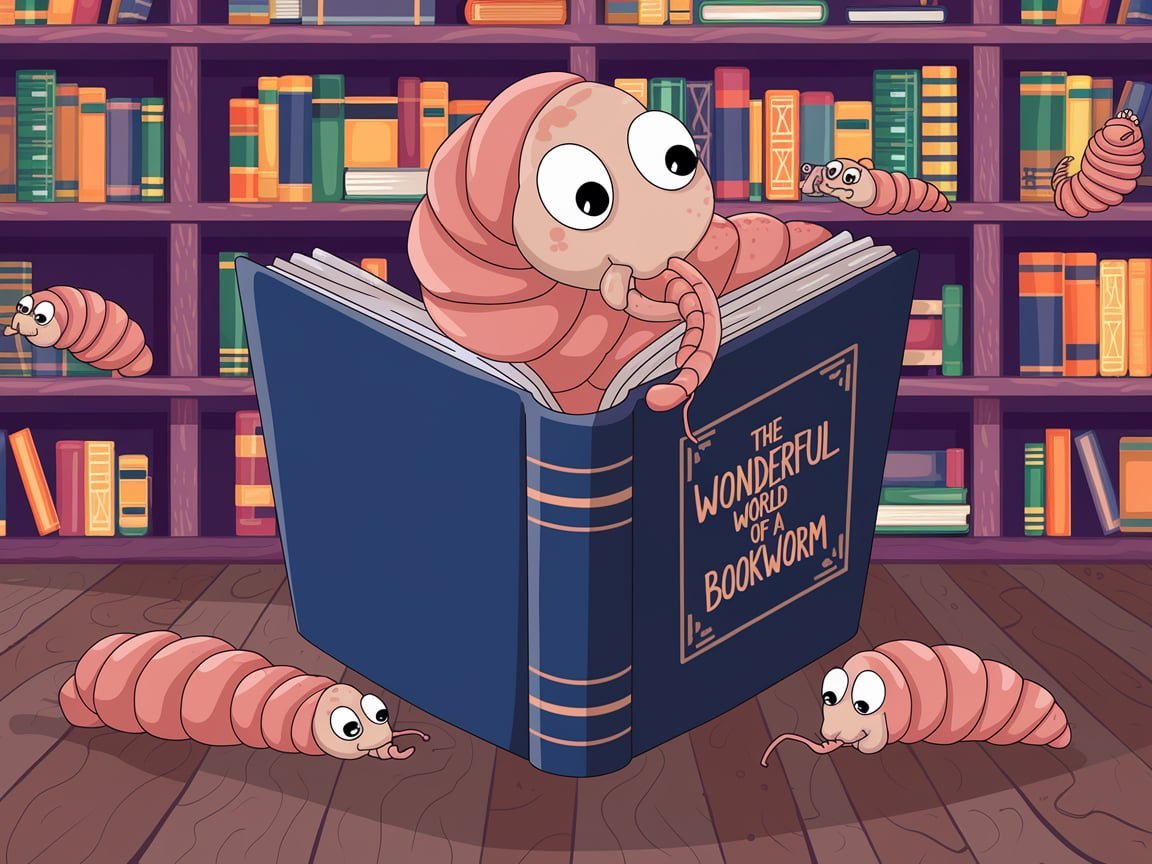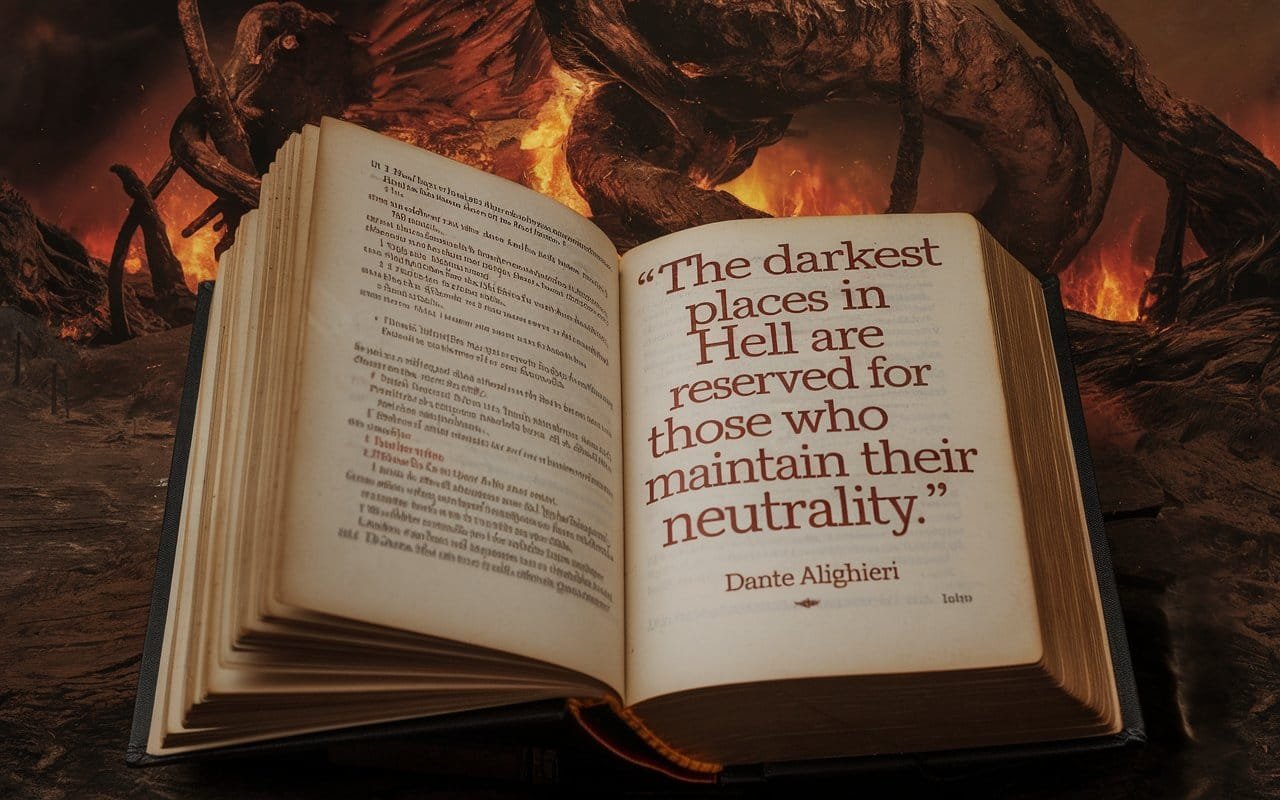Introduction: A Family’s Journey Through History
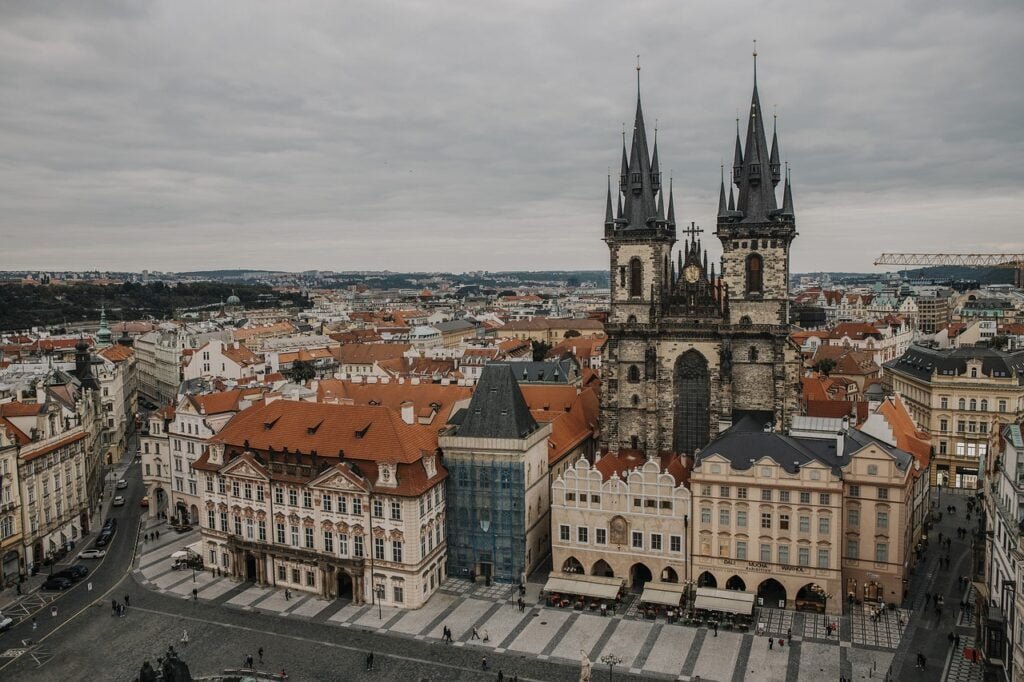
We Were the Lucky Ones by Georgia Hunter is a gripping historical novel that tells the extraordinary true story of the Kurc family’s survival during World War II. Set against the backdrop of one of the darkest periods in history, the book chronicles the harrowing experiences of a Jewish family as they are torn apart by war and struggle to stay alive. Through meticulous research and powerful storytelling, Hunter brings to life the resilience, hope, and love that kept the Kurc family united despite unimaginable odds.
Plot Overview: A Chronicle of Survival

The novel begins in 1939, as the Kurc family is celebrating the Jewish holiday of Passover in their hometown of Radom, Poland. The family is close-knit and thriving, but their world is about to be shattered by the Nazi invasion of Poland. As the war progresses, the family members are scattered across Europe, each facing their own battles for survival. From the ghettos of Poland to the labor camps of Siberia, from the streets of Paris to the Italian countryside, the Kurcs endure the horrors of war with courage and determination.
The narrative weaves together the individual stories of each family member, showing how they fought to stay alive and find one another amidst the chaos. The book highlights the different paths they took—some fleeing to distant lands, others joining resistance movements, and some enduring the brutal conditions of concentration camps. Despite the overwhelming odds, the Kurcs never gave up hope, and their story is a testament to the power of the human spirit.
Character Analysis: The Strength of Family Bonds
The characters in We Were the Lucky Ones are based on real members of the Kurc family, and their stories are told with deep empathy and respect. Each family member displays remarkable strength and resilience in the face of adversity. Sol and Nechuma Kurc, the family’s patriarch and matriarch, are the glue that holds the family together, even when they are separated by thousands of miles. Their children—Addy, Genek, Mila, Jakob, and Halina—each have their own unique experiences during the war, but they are all driven by the same desire to survive and reunite with their loved ones.
Addy, the youngest son, escapes to Brazil and embarks on a journey across the Atlantic to find safety. Genek and his wife Herta are deported to Siberia, where they endure the harsh conditions of a labor camp. Mila and her young daughter Felicia face the terror of the Radom ghetto, while Jakob joins the Polish resistance. Halina, the eldest daughter, and her husband Adam risk their lives to hide in plain sight in Nazi-occupied Poland. The novel delves into the emotional and psychological toll of these experiences, showing how each family member copes with fear, loss, and the constant threat of death.
Themes: Resilience, Hope, and the Power of Love
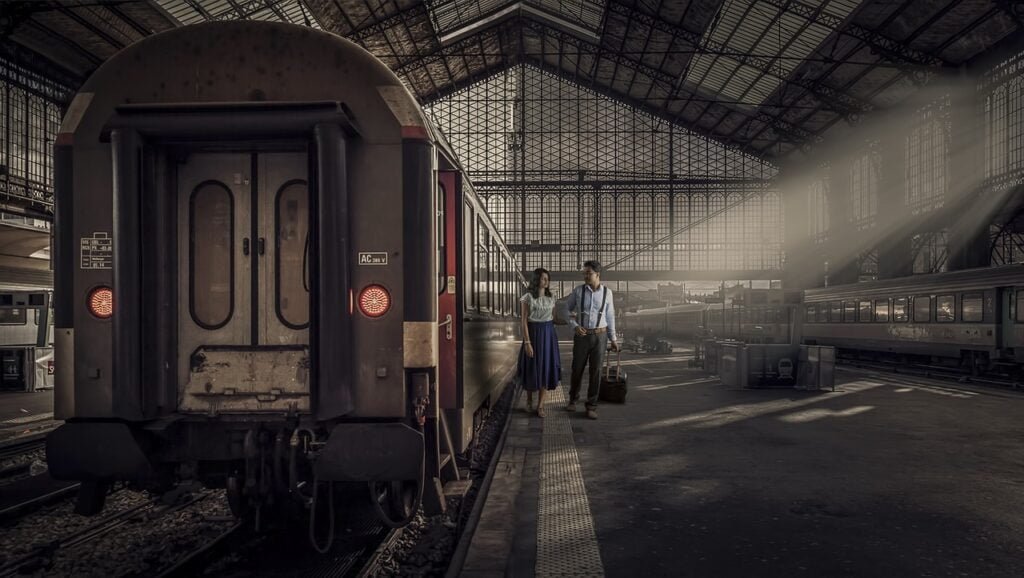
At its core, We Were the Lucky Ones is a story about resilience and the unbreakable bonds of family. The Kurc family’s ability to endure and survive is a testament to their strength and determination. The novel also explores the theme of hope, which is a constant presence throughout the story. Despite the overwhelming darkness of their circumstances, the Kurcs never lose hope that they will one day be reunited. This hope is what sustains them, even in their darkest moments.
The power of love is another central theme in the book. The love that the Kurcs have for one another is what drives them to keep going, even when the odds seem insurmountable. This love is expressed in many different ways—through letters, acts of kindness, and the simple but profound act of remembering one another in their prayers. The novel beautifully captures the idea that love can transcend even the most horrific of circumstances.
Historical Context: A Glimpse into the Holocaust
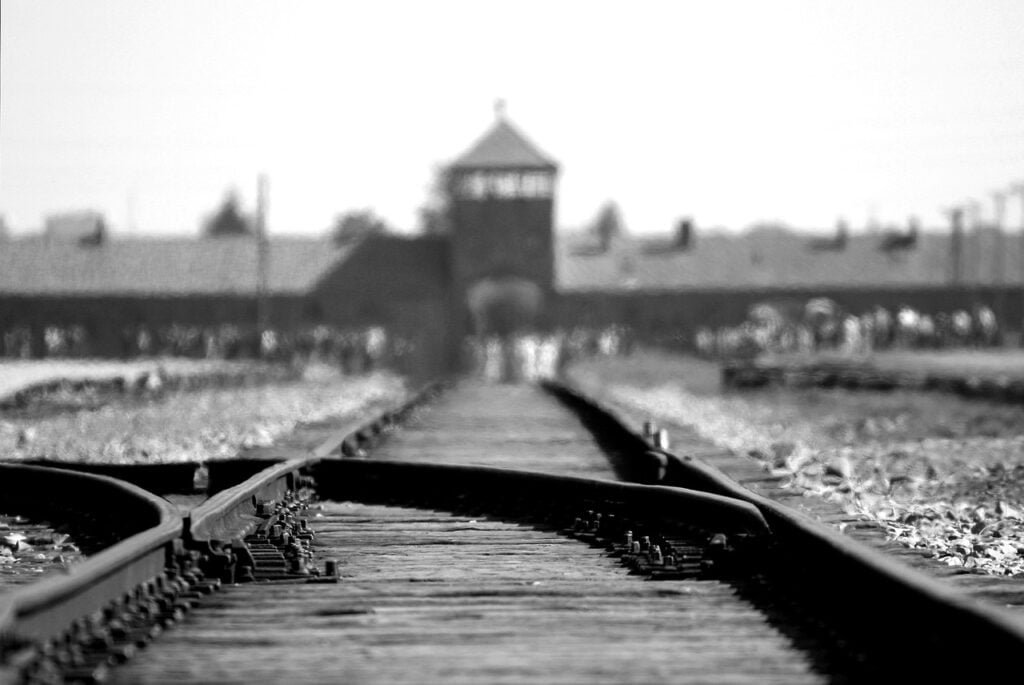
We Were the Lucky Ones is set during one of the most devastating periods in human history—the Holocaust. The novel provides a detailed and harrowing account of the atrocities committed by the Nazis, as well as the impact of these events on the Jewish community in Europe. Through the experiences of the Kurc family, the reader gains a deeper understanding of the horrors of the Holocaust, as well as the incredible resilience of those who survived.
The book also sheds light on the broader historical context of World War II, including the invasion of Poland, the establishment of ghettos, the deportation of Jews to concentration camps, and the various resistance movements that emerged during the war. Hunter’s meticulous research and attention to detail make the novel not only a compelling story but also an important historical document that honors the memory of those who suffered and died during this dark chapter in history.
Writing Style: Georgia Hunter’s Powerful Storytelling

Georgia Hunter’s writing in We Were the Lucky Ones is both evocative and powerful. She masterfully blends historical facts with the personal stories of the Kurc family, creating a narrative that is both informative and deeply moving. Hunter’s prose is clear and concise, yet it is also infused with emotion, making the reader feel as though they are right there with the characters as they navigate the dangers of war.
One of the strengths of the novel is its structure, which alternates between the perspectives of different family members. This approach allows the reader to see the war from multiple angles and provides a comprehensive view of the Kurc family’s experiences. The use of letters, diary entries, and other historical documents adds authenticity to the story and helps to convey the gravity of the events described.
Conclusion: A Tribute to the Human Spirit
We Were the Lucky Ones is a remarkable novel that pays tribute to the resilience of the human spirit in the face of unimaginable hardship. Through the story of the Kurc family, Georgia Hunter reminds us of the importance of family, love, and hope, even in the darkest of times. The novel is a powerful reminder of the atrocities of the Holocaust and the strength of those who survived. For anyone interested in historical fiction, particularly stories set during World War II, We Were the Lucky Ones is a must-read.

